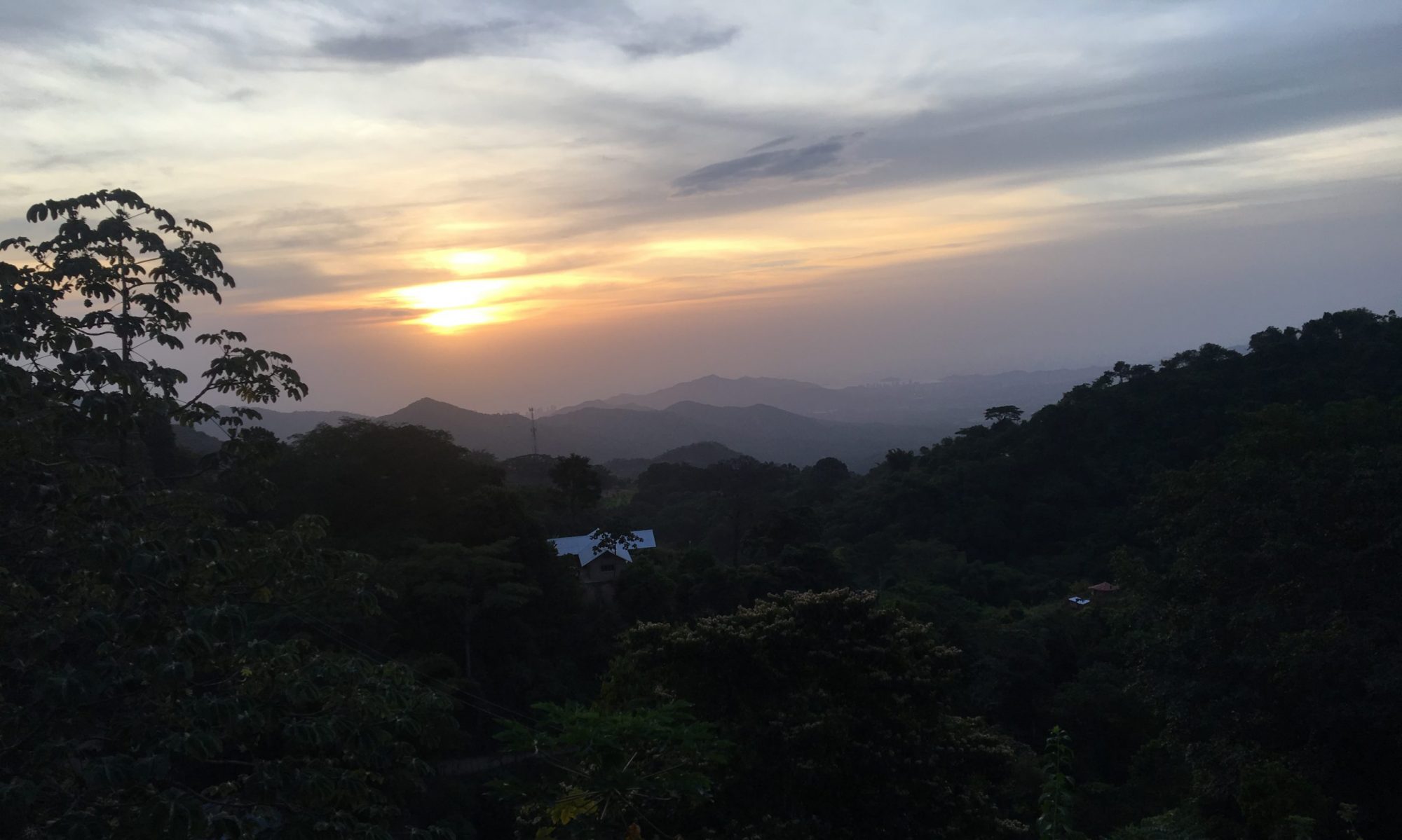Being mestizo is generally something that every mestizo takes pride in. We are the unlikely synthesis of exploration, slavery and resistance. Our nations were forged by our African ancestors, on the land stewarded by our Indigenous ancestors. Our history grants us the privilege of an eclectic culture that embodies the surrealism of the mestizo condition.
Growing up in a Caribbean coastline, my upbringing was very much reflective of this privilege. I attended a German school where on one hand, I grew up celebrating caucasian festivities like Oktoberfest and Martinstag. On the other hand, I was part of an extracurricular club where we performed Afro-Colombian dances, which emerged as a by-product of the slave trade and African labor in the region. On the weekends you may find in every neighborhood a loudspeaker on a front patio, blasting Congolese soukous for the whole block to enjoy, although I personally prefer our Caribbean cumbia for the melodious tune of the Indigenous gaita.
The beauty of these juxtapositions is that they are complementary as much as detectable. You can pinpoint their origins but you can’t divide them at their point of intersection. They constitute the genetic code that inextricably binds us to the land and our histories. A downside to this is how often we forget the conditions in which cultural mestizaje sprouted. Listening to the history of the Garinagu and finding unexpected parallels with my own culture reminded me how in Latin America we’re all cut from the same cloth of colonial dispossession and oppression. Thus, any celebration of mestizaje must also render as a celebration of Indigenous and Afro-Latinx resistence.

Hi Daniel,
I really like this description of how mestizaje manifests in daily life. I unfortunately can’t relate to being mestizo myself (I am a white Jew that grew up in the very conservative state of Arizona), but your description (and I like the use of surrealism) really allows someone like myself into that headspace. I had the luck of being adopted by a puerto rican, so a lot of aspects of Puerto rican culture and foodways were incorporated into my life. I guess its sort of surreal in a way, celebrating Hanukkah eating pasteles wrapped in banana leaf and peering out to sea of cacti outside my window. Anyway, now I’m just ranting. I really appreciated your description of mestizo, because it forced me to reflect on the cultural intersections that were present in my upbringing in a new way. Thank you.
Hi Daniela,
Firstly, thank you for your beautiful and eloquently worded discussion on this topic! Secondly, I think what you mentioned towards the end of your post was specifically meaningful, the part acknowledging that in Latin America, oftentimes people are cut from the same “cloth of colonial dispossession and oppression.” It is so interesting to learn how although Latin America is so large, that many aspects of history are shared amongst one another, and although that may involve pain, each nation has aimed to reclaim their land and identity to move forward from the oppression they have faced.
Wow I really admired your post! Thank you for sharing your own experience. There is no better teaching skills than sharing personal experience.
I loved the point you made about not being able to divide these difference facets of the culture you grew up around. I think it brings an important topic of discussion about how our history binds to our present. That while as you stated we can see where different aspects of the culture came from you cant have any one thing without the rest or else it simply isn’t the same. That your (and everyone else’s) culture is bound intimately to its past history.
I really enjoyed your post Daniela. Your description of Afro Latin culture sounds similar to my fathers birthplace of Cuba. African dances and music revolving around bongo drums and other instruments survived the slave period and have become a significant part of Cuban culture. Furthermore, your mentioning of loudspeakers on the weekend is very similar to what happens in Cuba. Especially in the eastern parts of the country where the African influence is even stronger than in Habana.
Hi Daniela!
I really enjoyed reading your post. I like that you shared knowledge and experiences with your readers. I really like the description you have of Mestizaje. As a reader, I appreciate the writer drawing from their own experiences and telling a story and you did that beautifully. I love the conclusions that are drawn at the end of your post, and totally agree! Thanks for sharing your insight on the topic. Great job!
Hi Daniela,
I was browsing the posts, and I found this one. I really liked it. Your writing is so beautiful. I literally imagined being in your neighbourhood, listening to the music you described. Thank you for sharing your reflections on Mestizaje.